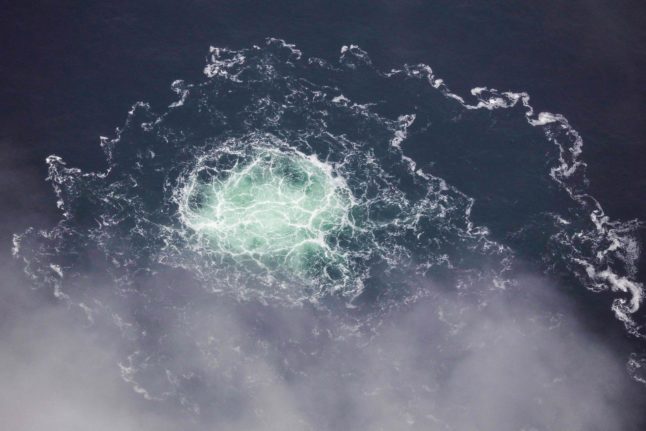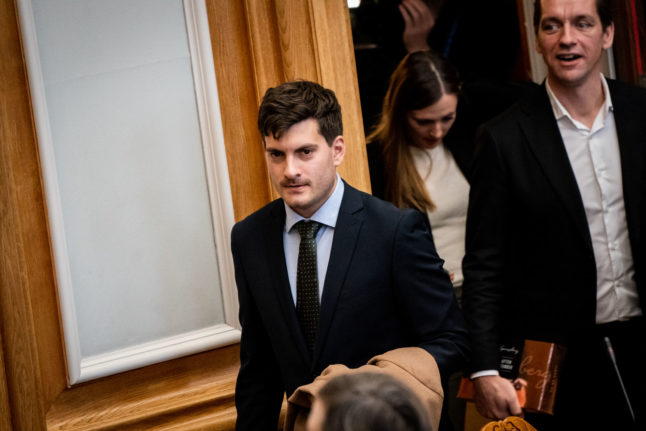Leaks on the Nord Stream pipelines near Danish island Bornholm in the Baltic Sea are due to “deliberate acts” and “not an accident”, Danish prime minister Mette Frederiksen said on Tuesday.
“The clear advice from the authorities is they were deliberate acts. We are not talking about an accident,” Danish prime minister Frederiksen told a press conference. “We don’t have information yet about those responsible.”
But the situation in the Baltic Sea should not affect the likelihood of an early general election being called in Denmark, according to three different political parties.
The Social Liberal (Radikale Venstre) party earlier this year demanded Frederiksen call an early election. The demand was issued in response to the conclusions of an inquiry into the government’s 2020 mink scandal, which resulted in Frederiksen receiving a rebuke.
The Social Liberals have threatened to bring down the government through a vote of no confidence if an election is not called by October 4th.
Legally, the latest date on which a general election can be held is June 4th next year.
READ ALSO: How likely is Denmark to have a general election ahead of schedule?
The centre-left Social Liberals, a parliamentary ally of the governing Social Democrats, on Tuesday said they are sticking to their early election demand despite a raised alert level in Denmark after the explosions and leakages at the Nord Stream gas pipes.
“This happened in international waters. It is not an attack on Denmark,” Social Liberal leader Sofie Carsten Nielsen said in a social media post, while also calling the Nord Stream leaks “disturbing”.
“There are both wars and crises that must be dealt with for a long time yet,” she also wrote in the post.
“That is also why we can’t wait for an eight-month long election campaign,” she wrote.
“We need an election. So we can get away from election campaigning. And solve the challenges,” she added.
Another left wing party, the Red Green Alliance, has not commented on the early election situation since the Nord Stream leaks. The party’s political leader, Mai Villadsen, earlier called the threat “risky” because it could result in defeat for the left-wing alliance which currently works with the government.
The government’s two main rivals in opposition, the Conservatives and the Liberal (Venstre) party, both said on Wednesday that they did not believe the Nord Stream situation was cause to delay an election.
“Denmark has de facto been in election season since the Social Liberals gave Mette Frederiksen an ultimatum after the Mink Commission’s heavy criticism of the prime minister and her leadership,” Liberal political spokesperson Sophie Løhde said in a written comment to news wire Ritzau.
“Our country has large challenges which must be solved. And a general election is needed so we can get a new prime minister and a conservative-liberal government that will take responsibility and create economic security for Danes and steer us safely through the energy crisis,” she said.
A similar message came from Løhde’s counterpart in the Conservative party, Mette Abildgaard, who noted that the events in the Baltic did not represent a military threat to Denmark.
“There is no heightened military security threat to Denmark. This is a serious situation but it will also be a serious situation in two, three or four months. We can therefore just as well get an election done so we are ready to deal with the coming challenges,” she said to Ritzau.
The government is yet to give any indication of when it might call an election, with Frederiksen skirting the issue when asked.



 Please whitelist us to continue reading.
Please whitelist us to continue reading.
Member comments